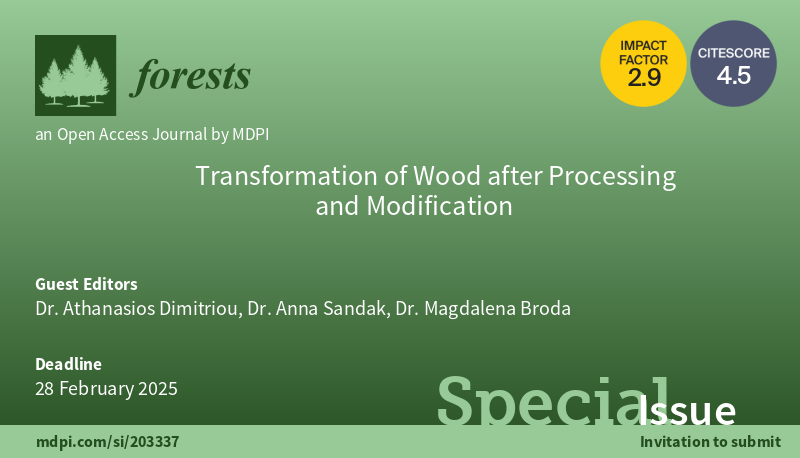
April 30, 2024


Europe is rapidly aging. In 2019, slightly more than 20% of Europeans were 65 or older, representing a nearly 3% increase since 2009. By 2050, the proportion of older people in Europe will be around 30%. Ageing brings physical, psychosocial, and economic challenges and the large portion of older adults in society means we need to ensure a high quality of life after retirement age.
To address current challenges, the Pilots for Healthy and Active Aging project (Pharaon), funded under Horizon 2020 as a large-scale pilot project, aims to improve the health and well-being of older adults with existing technological solutions. The Slovenian part of the project aims to provide appropriate technological solutions to support independent living, increase social inclusion and improve the well-being of older people, especially at retirement homes.
The Slovenian Pharaon pilot is one of 6 pilots taking place across Europe within the project. Italy, Spain (Murcia and Andalusia regions), Portugal, and the Netherlands all host pilots with different approaches to improving the health, well-being, and dignity of older adults. Some pilots take place at personal homes, some in community centres, some at hospitals, and others include mobility and travel extending the geographic reach of the project beyond stationary locations.
All pilots took a similar approach to assessing the requirements and needs of older adults and their caregivers to ensure the solutions provided by the project would be accepted, and hopefully adopted beyond the life of the project. During this stage of the project, COVID-19 had a large impact on our work. Nonetheless the innovative partnership continued with this very important phase of the project and identified the best combinations of technologies and services for its users (older adults and caregivers) at the various pilot sites. The process was detailed and published in a scientific article, which can be found here.
Because people have different needs and interests, involving older adults is a necessary step to improve their quality of life. There is also a need to actively involve formal and informal carers of older adults in designing solutions that allow for more individualised care of older adults, without compromising the well-being of carers.
The Slovenian Pharaon pilot partners have developed, designed, and integrated technological devices and services to improve quality of life, including a smart watch to help monitor activities and vital signs, the Daisy video-conferencing system and IoChat platform to aid communication, the SeniorsPhone app to simplify smart phone use, and air quality measurements to monitor the living conditions of older adults. All this data is collected and analysed using the IoTool, SmartHabits, Discovery, and CareRisk platforms, which provide security, helpful recommendations, and interfaces for users.
Since the project began in December 2019, partners have been linking their technologies together to provide more complete solutions for the many interesting use cases identified in the Pharaon project. In Slovenia, use cases attempt to improve personalized care by providing caregivers with important information about the activity level of older adults and critical information about their environments like temperature or carbon dioxide levels. In addition, the Slovenian pilot tries to strengthen the social bonds of older adults in retirement homes with friends and family outside of the retirement by providing a simplified video calling experience that can be used through a television. A video showing how these solutions work in practice is available on the project YouTube channel.
In the past older adults and their caregivers have been trained on the technologies, tested them for weeks at a time, and most importantly, provided feedback on how they could be improved. Now, the project has transitioned into its long-term pilot stage, where older adults and their caregivers will use the technologies for a full year.
In September 2022, we began recruiting older adults and their formal and informal caregivers at locations on the Slovenian coast and around Ljubljana for long-term testing. Testing at this scale will assist technical partners in improving the technology so that it is more tailored to the needs of users and will also provide a long enough test period to assess the impact on older adults and the how the technologies effect the lives of caregivers as well.
The Slovenian pilot is led by Innorenew CoE and is primarily implemented in the Izola Retirement Home, where initial concepts were generated, and early stage testing of the technologies took place. Long-term piloting has begun at the Izola Retirement Home where caregivers and older adults are using the technologies and providing feedback to the project. Pilot testing is ongoing in two other retirement homes in Istria, and will soon begin in Ljubljana and Domžale.
Project partners SenLab, Ericsson Nikola Tesla, Ascora, and cascade-grant winner Ineor provide the technological components and development for the pilot, while the National Institute of Public Health contributes to the transfer of information in the areas of public health and national activities.
Dr. Michael Burnard, dr. Dean Lipovac and Mateja Erce, InnoRenew CoE researchers